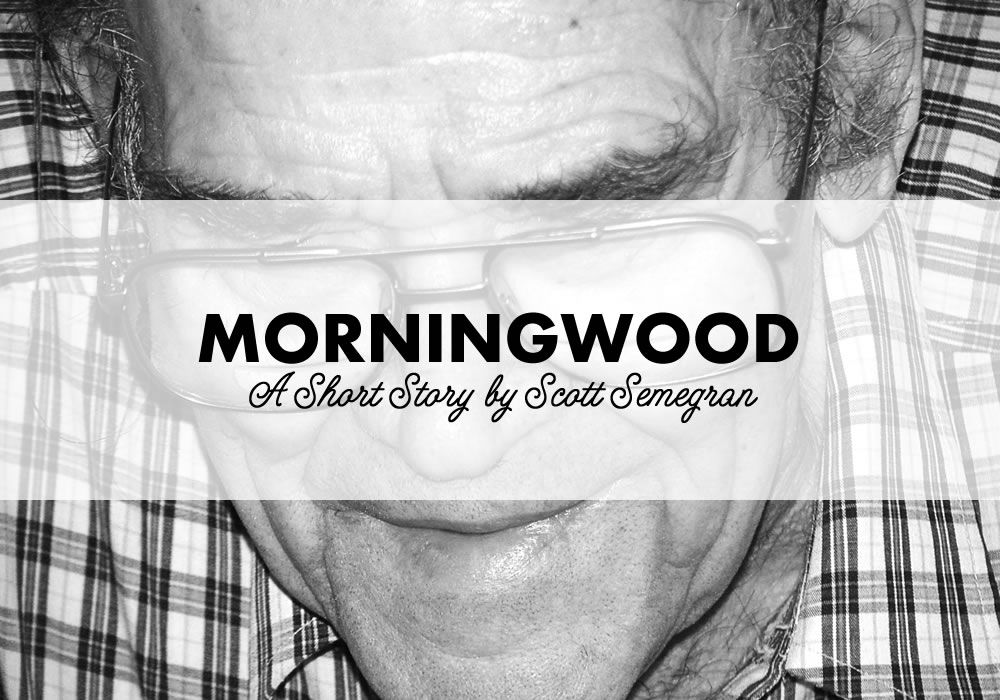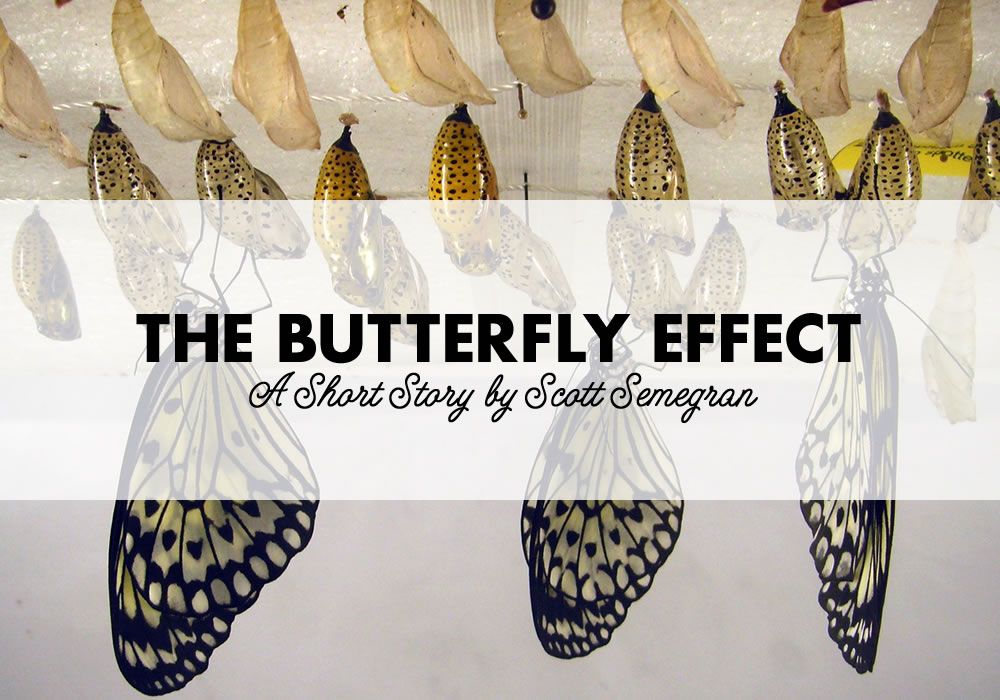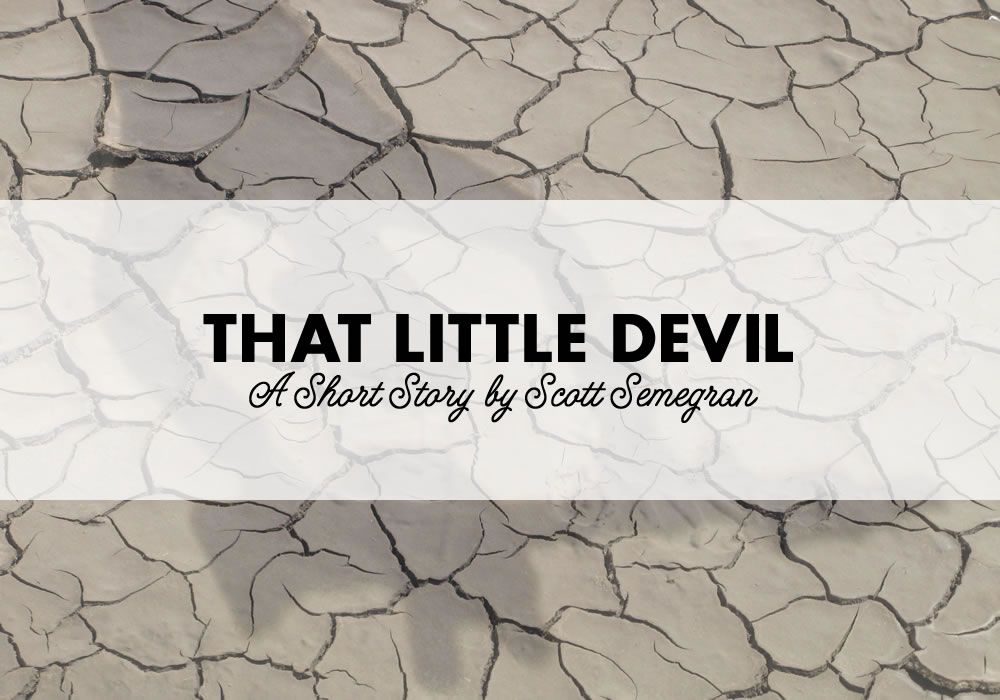Dr. Todd
An excerpt from The Spectacular Simon Burchwood, a novel by Scott Semegran
I tried to call Jessica several times but she never answered her phone or returned my calls. She was really starting to piss me off. I mean, who the hell did she think she was, wanting to move to Dallas and take our kids? It was all a goddamn mess. It's true. And I'm sure Sammie and little Jessica didn't appreciate it either. All of their little friends were here in Austin. Their school was here. Their life was here. Their father was here. I imagined that they would have no interest in moving to Dallas away from everything they knew. But, then again, kids have no choice in the matter. They will do what they're fucking told to do and my kids were no different. They were good kids. It's true.
After getting the go ahead from my supervisor Rod, I realized I had one thing to do before leaving town. I had to go see my doctor. Weird, huh? Well, not really. I'm getting old, you know? It's true. This slightly pudgy, slightly balding "Adonis" isn't going to stay beautiful forever. Ha! Besides, everyone needs to go see their doctor every once and a while. It is a goddamn moral imperative. I made the appointment a couple of months ago after realizing I hadn't seen my doctor in quite some time, maybe before all my divorce bullshit. I had been compiling a list of ailments and weird goings-on with my body and health in general and I felt I really needed to discuss them with Dr. Todd, especially before leaving town. I call him Dr. Todd because his last name is so unruly and filled with dozens of unnecessary consonants that I'm not even going to waste precious keyboard strokes trying to spell it out for you. Just trust me, his last name is a goddamn Polish disaster. It's true. But Dr. Todd is a kind man with a caring way about him and I rather enjoy talking to him, even though I'm sure he will be examining my nutsack or prodding his finger in my poop shoot at some point today. Great. Just great.
Here, in no particular order, was the list of things that were bothering me over the last few years: constipation, left eye twitch, hemorrhoids, upset stomach, random headaches, weight gain, hair loss, weird dreams (duh!), knee pain, seasonal allergies, lower back pain, etcetera, so on and so forth. It was a pretty goddamn long list of ailments and nuisances but they were things that were really bothering me. I mean, especially for a writer, having distractions of the bodily nature can really put a damper on your creative spirit and literary output. Nothing is worse than a raging case of hemorrhoids to ruin a marathon writing session. You can't sit down for more than 15 goddamn minutes at a time when you have burning blisters poking out your asshole. It's true.
Anyway, I drove over to Dr. Todd's office. I pulled my car into the office building parking lot and parked in the back. The building was a pretty nondescript place tucked away behind a group of these massive oak trees in a decent part of town. Dr. Todd had his office here for years before I became his patient and I'm sure it would be here for years to come. On the outside, the building looked like one huge metal and glass box but on the inside, it was an elaborate maze of offices connected by a serpentine hallway that zigged and zagged in no justifiable way. If I didn't already know where his office was then it would be damn near impossible to find. I wondered if that was on purpose. Doctors do some sneaky shit like that sometimes. It's true.
I found his office after walking through the maze of hallways and entered quietly, standing next to the front desk. A nurse was sitting there, busy with something. She wore pink scrubs that had Winnie the Pooh and Tigger on them and her hair was long and blonde and styled in a way that reminded me of the TV sitcom moms from the 1980s. She didn't seem to notice me and I stood there for what seemed like a goddamn eternity while she scribbled on some forms on a clipboard. They must have been pretty goddamn important forms because she was carefully and intently filling in the boxes and checking other boxes and crossing her t's and dotting her i's and examining the hell out of that paperwork. Time really seems to stand still when you're waiting unnoticed for something. It's true. I decided to stop the madness and tap on the desk so she would notice me. I think I startled her. She about jumped out of her goddamn seat.
"Oh! I didn't see you there," she said, straightening herself, fixing her 1980s hairdo.


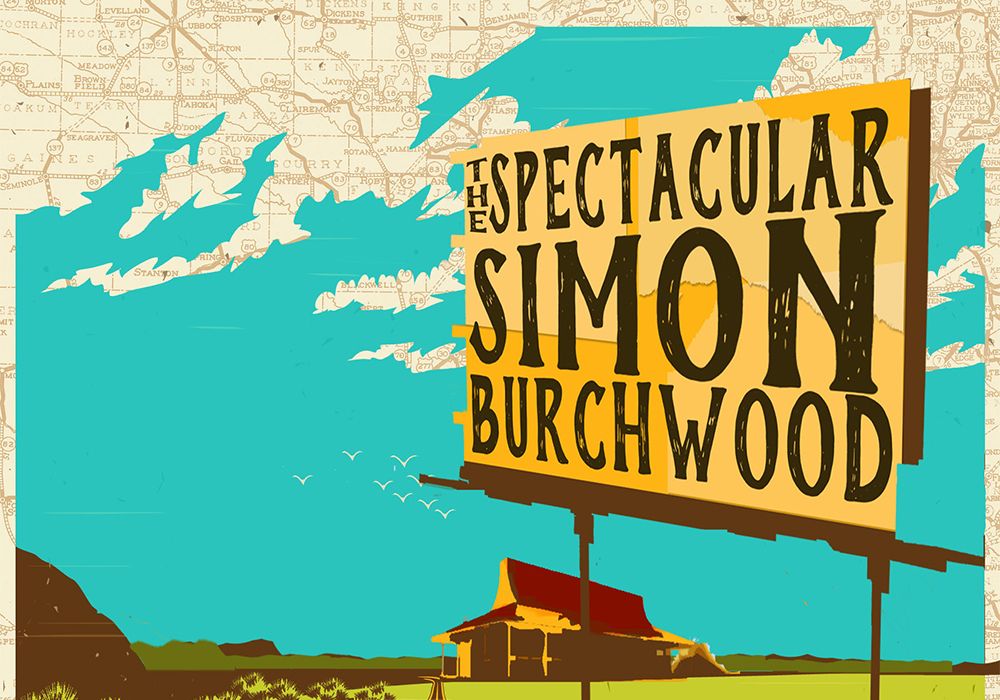
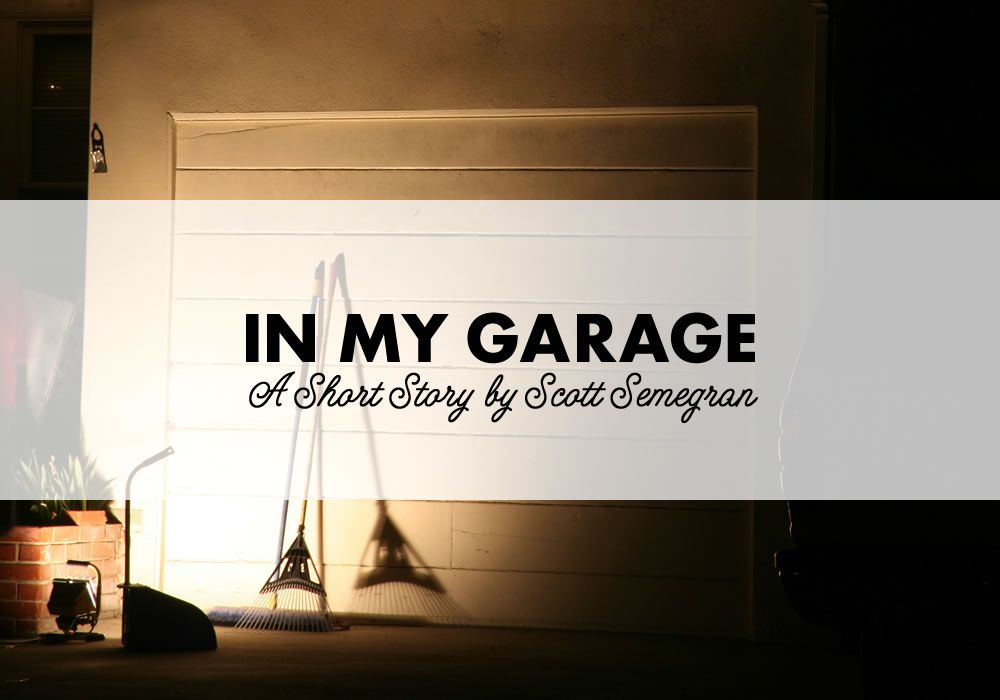
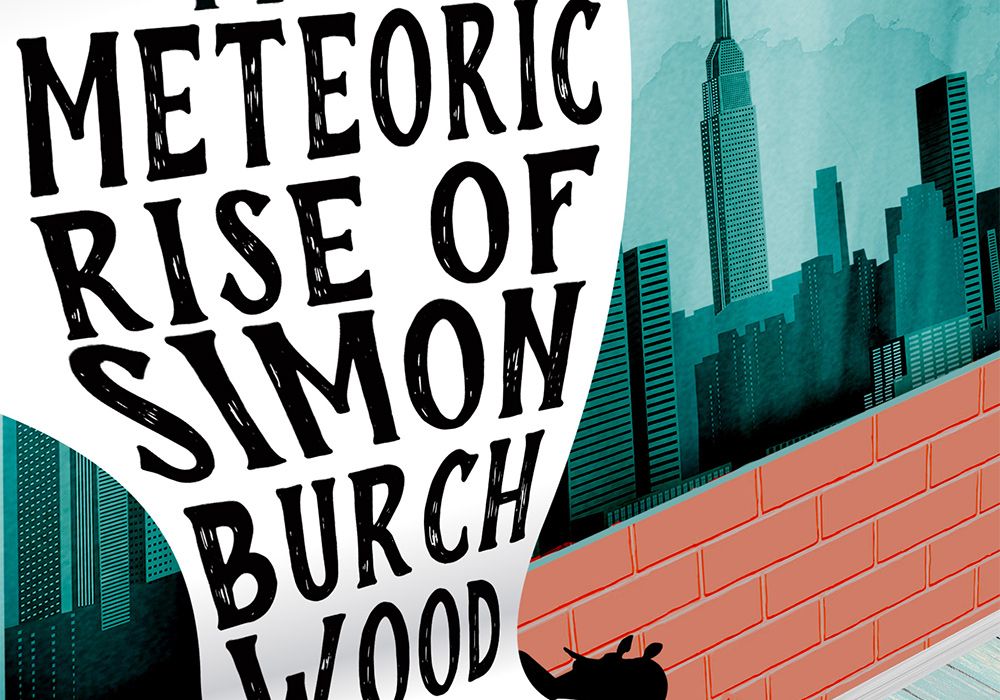
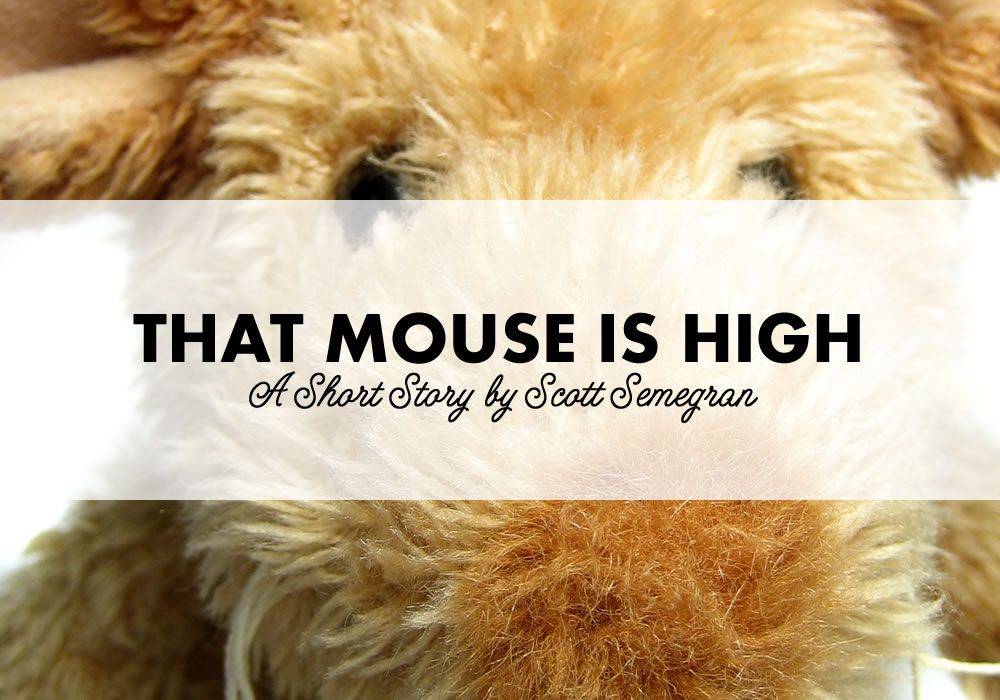
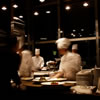 Simple question. "If you hate this job so much, why are you still here?"
Simple question. "If you hate this job so much, why are you still here?"